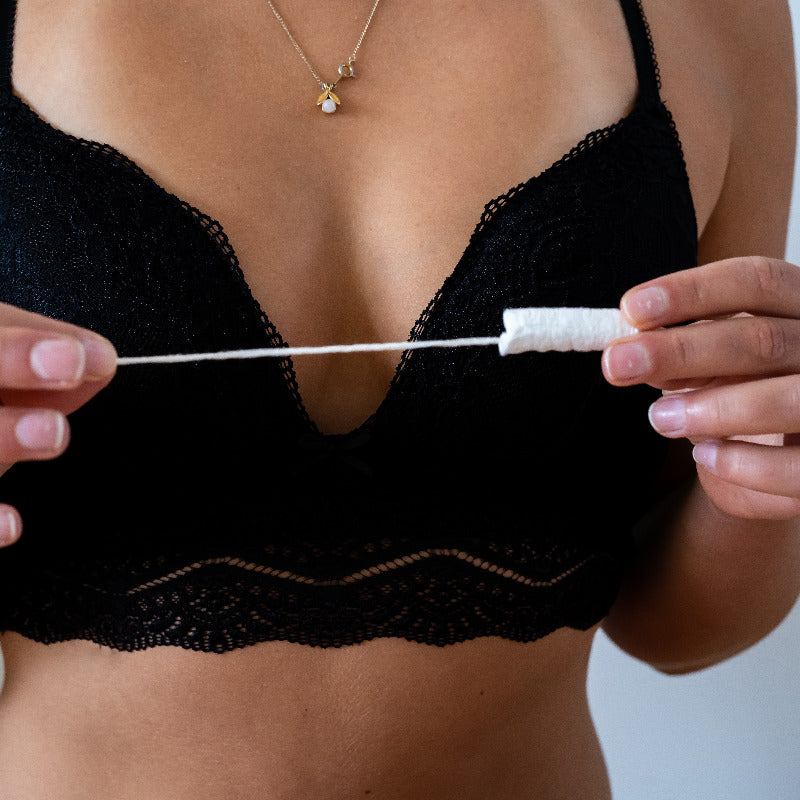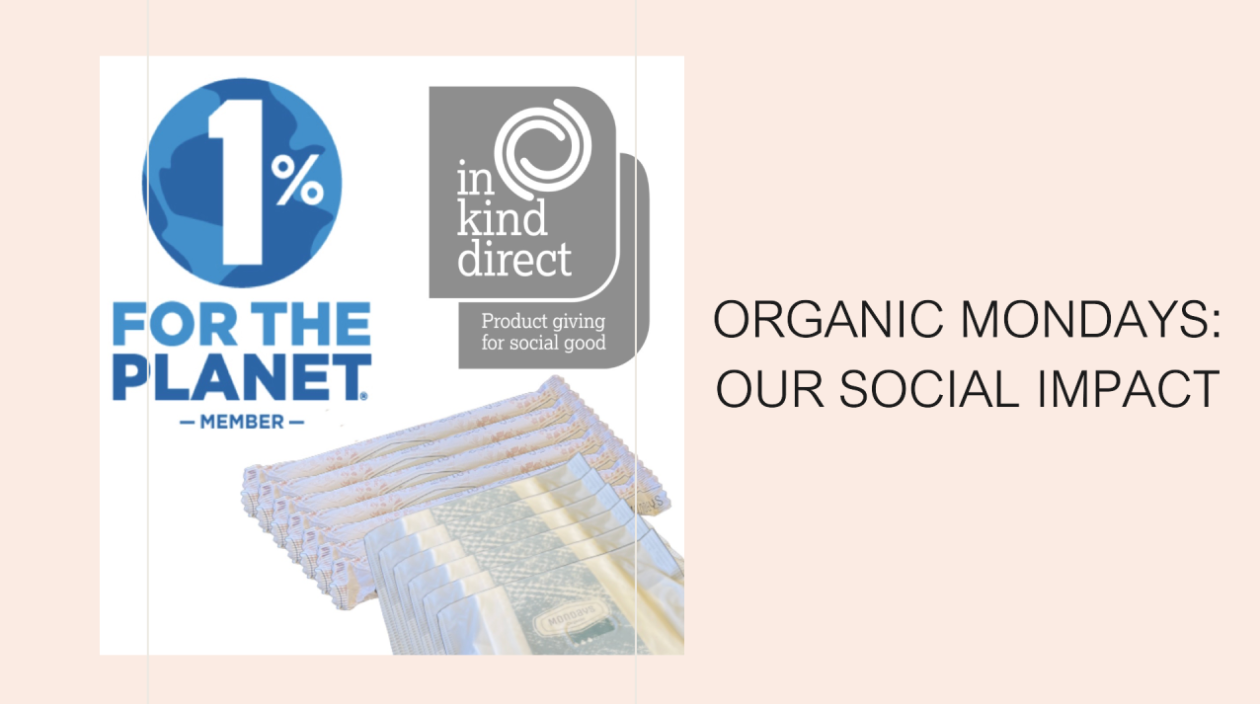What are tampons made out of?
Mondays tampons are 100% organic cotton
But that's not always the case. Most tampons are made of conventional cotton, rayon, or a blend of the two.
Whatever your tampon is made of it is very important you understand how to use them correctly and that the risks of not doing so can be serious.

Tampon safety tips
Make sure you follow the guidance
Have any questions or concerns then talk with your doctor or a health care professional about whether tampons are right for you. If you use tampons, then always make yourself aware of the health advice.

Read more here ⤵
Celebrate Womens Entreprenurial Day
Happy Women’s Entrepreneurial Day! 💪🌿 19th NovemberAs female Co-Founders of Organic Mondays, we are delighted to celebrate the power of women who are breaking barriers and leading with purpose.As women entrepreneurs, we understand the importance of creating a work environment that not only supports but celebrates all women. That’s why...
Unpacking Our Certifications: A Deeper Dive into 1% for the Planet
At Organic Mondays , we're proud to display our certifications — from being a vegan and women-owned -certified brand as well as a proud member of the 1% For the Planet movement. But what do these certifications truly mean? Let’s take a closer look at the impact behind the badge,...
International Day of the Girl - Period Dignity helps women & girls achieve their full potential
International Day of the Girl : 11th October It’s UNICEF International Day of the Girl and we want to highlight our Period Dignity Initiative and the positive impact this has on our community and girls. How does providing Mondays’ sustainable period products in our bathrooms advocate for and enable girls...
Plastic-free periods hit the slopes
We are delighted to announce that Mondays has sponsored the Davos Women's Demo Team - an all-women ski team with ten skiers originally from Davos, Switzerland. Plastic-free periods has hit the slopes. This artistic sport is not a 'professional sport', so in addition to dedicating their time to ski training, these...








